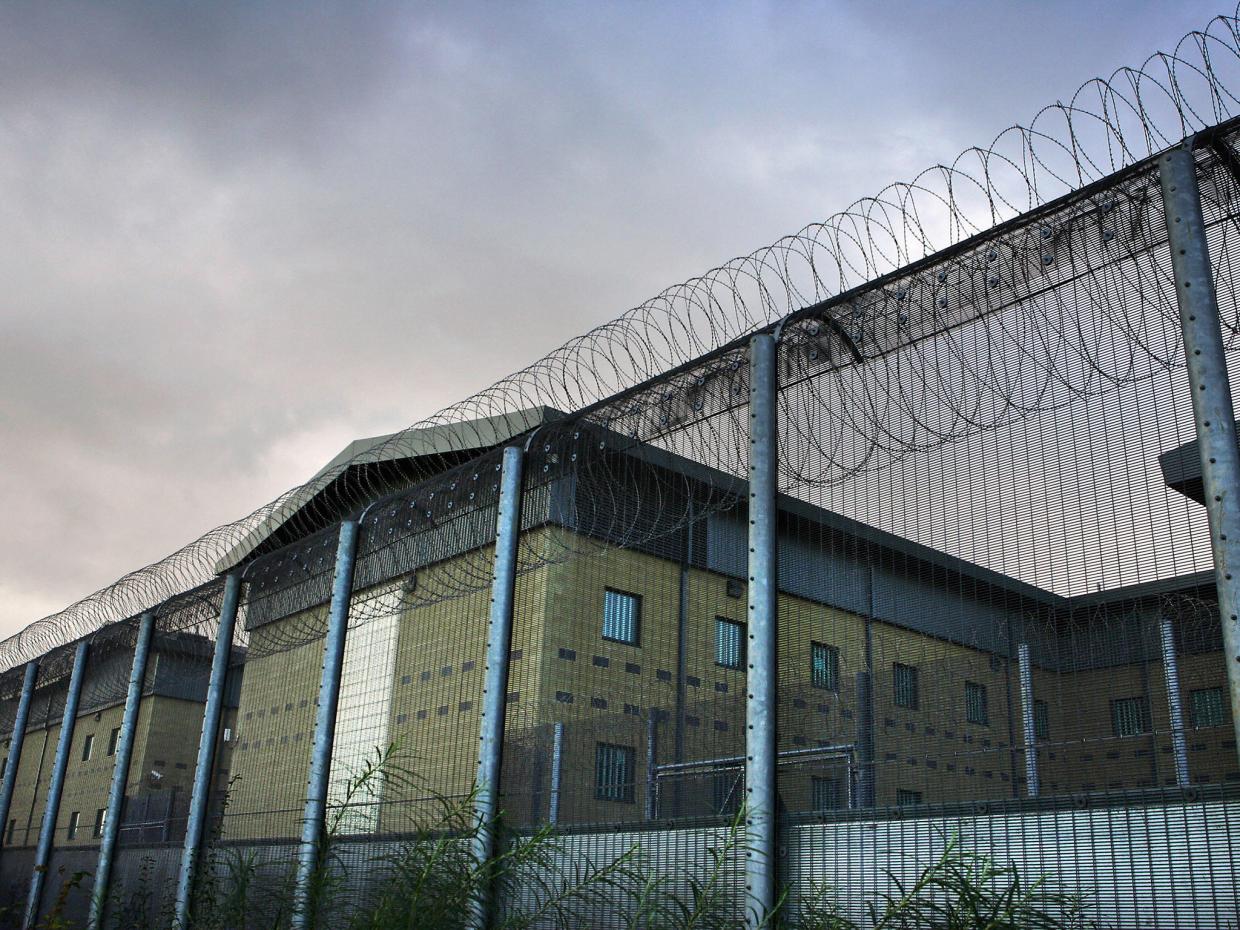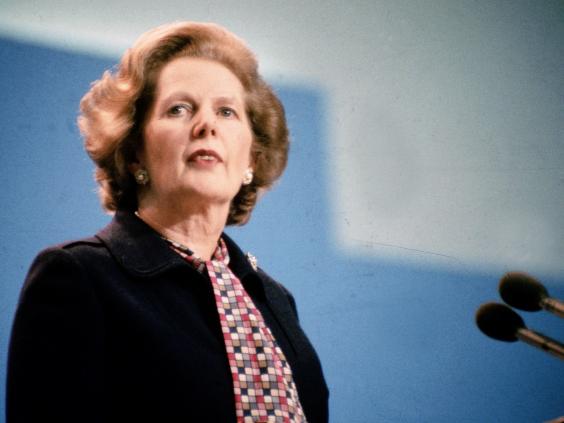Former inmates say their lives spiralled into
violence and addiction because of trauma from ‘sadistic, brutal
concentration camps’
‘What happened was an absolute disgrace and tragic for many,’ says one
former detainee. ‘I feel that they simply ripped out my spirit and
turned me into an anti-authoritarian criminal’ Getty
Ministers claimed army-style discipline would deter youngsters from a life of crime, but the boys who lived through the brutal regime the policy inspired through the late 1970s and 1980s tell a very different story.
It is one of beatings, humiliation and sexual assault at “sadistic, brutal concentration camps”, with some teenagers driven to suicide and others saying the trauma sparked a worsening cycle of violence and addiction.
“We were physically abused on a daily basis, it was a time when I believed they would kill me,” said Keith, who was imprisoned at the age of 14.
Dozens of victims are calling for a public inquiry into the abuse as police investigate allegations relating to Medomsley Detention Centre in County Durham and Kirklevington Detention Centre in North Yorkshire, where over 400 victims have already come forward.
But the scale of the abuse is far wider according to men who have told The Independent of their treatment at centres as far apart as Kent, Lincolnshire and Gloucestershire.
James Carré-Rice said he “spiralled into violence” after being held at Whatton Detention Centre in Nottinghamshire and went on to serve three more sentences.
“When I got to reception one of the officers came out and asked me my name, he seemed quite friendly,” he said.
“I said it was Jimmy and he punched me in the face and said: ‘You have to call me Sir’.
“It was terrifying for everybody. They were grown men, they didn’t like us.
Margaret Thatcher’s government brought in the short, sharp shock regime in the belief it would reduce reoffending (Getty)
“We weren’t doing anything wrong but every one of us was beaten, punished, humiliated.”
Mr Carré-Rice, who has since written books based on his experiences, said the abuse appeared to be “random”.
He was 15 at the time and described other children in the centre crying at night, adding: “The way they were treated was out of all proportion to what they had done wrong and it sent them the wrong way.
“I can remember them drumming into your head that you were scum, you were worthless, you were useless, a failure to society. It’s difficult to shake those labels off.”
One of Mr Carré-Rice’s school friends was imprisoned during the same centre, being severely beaten by officers who caught him dancing in a corridor. Within a month of his release, the boy hung himself.
He said the idea of disciplining teenagers using violence like the “short, sharp shock” would never work, adding: “If you have a system like that, you’re reinforcing cycles of behaviour that you’ll never get out of… no one thought it through.
“I think the staff thought they were doing their duty for king and country but there were no parameters or system of control.”
Mr Carré-Rice’s friend was not the only inmate to die after leaving a Thatcherite detention centre.
Paul, who did not want his second name mentioned, saw his brother become addicted to heroin and die of an overdose after he emerged “broken” from a centre in Kent.
Mark was wrongfully convicted for attacking a man with a bottle, despite the real culprit confessing to police, and then “punished” for attempting an appeal, his brother said.
Source



